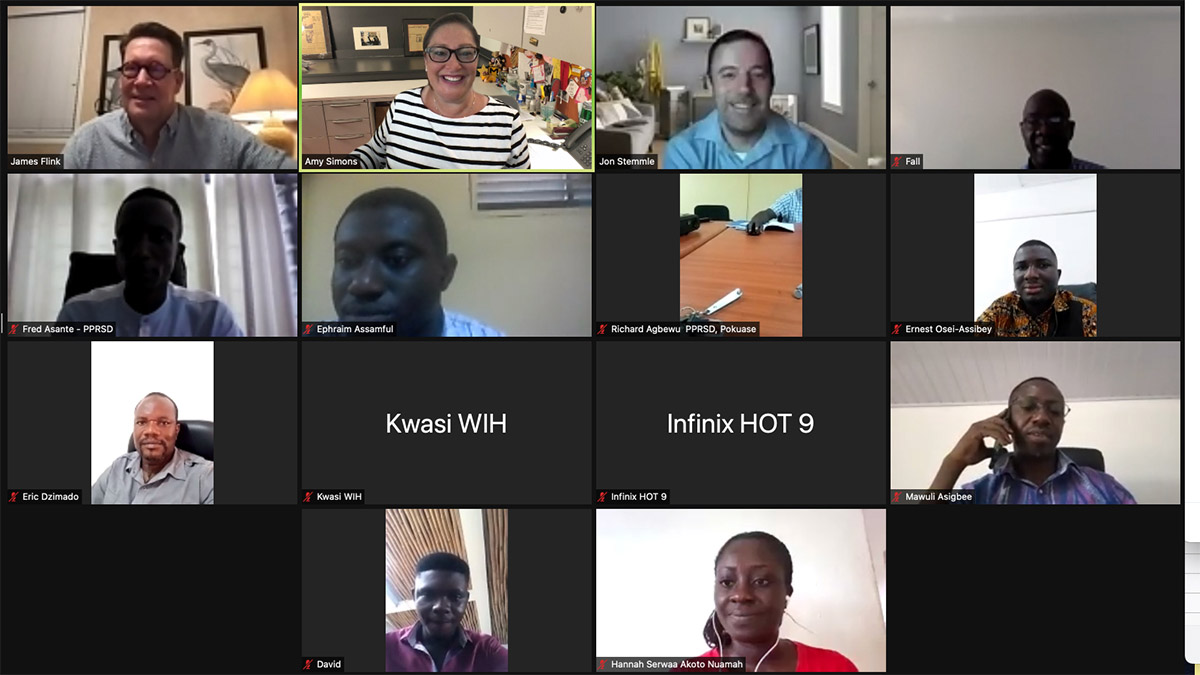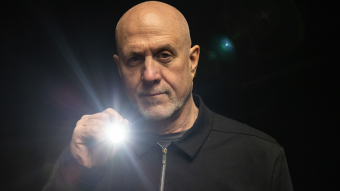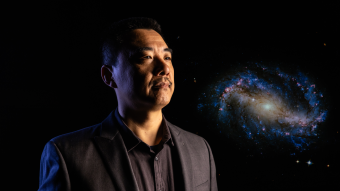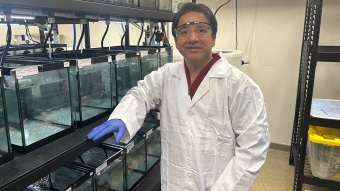Oct. 21, 2021
Researchers at the University of Missouri School of Journalism are helping people in Africa improve communication about pesticides in their countries, the latest effort from the school to improve how science is communicated to the general public.
Funded by a USDA grant and backed by research into how pesticides are covered in the media throughout the continent, the researchers are holding ongoing virtual workshops in countries across Africa to teach people about storytelling, identifying misinformation, shooting and editing videos, and other communication skills.
“The goal is to help people — whether they are regulators or PR representatives or anyone else — communicate with the public and the media accurately and effectively about pesticides,” said Jon Stemmle, chair and professor of Strategic Communication in the Missouri School of Journalism. “Being able to tell truth from fiction on the internet and in journalism is so important today, and when you’re dealing with a topic as contentious as pesticide use, reputations are on the line.”
The workshops are conducted over Zoom by Stemmle, Professor Amy Simons, and Associate Professor Jim Flink, experts who together represent six decades of experience in journalism, research, and education. Each workshop runs for six hours over two days, and participants learn hands-on skills by shooting and editing their own videos, analyzing news stories to spot inconsistencies or bad sources, and using databases and public records to fact-check ambiguous information.
“This project isn’t about whether all pesticides are good or all pesticides are bad,” Stemmle said. “Our role is to be an unbiased source of information that will ultimately help regulators make informed decisions on their own. For that to happen, science communication needs to improve across the board, from news media to public agencies, and that’s true whether you’re talking about Africa or America, or whether you’re talking about pesticides or the opioid crisis.”
A world away
For a project that was intended to feature in-person instruction, the switch to a virtual setup due to the COVID-19 pandemic was not without challenges. In Kenya and Ghana, where the first workshops have taken place, mobile devices — not computers — are the dominant tools for internet access and virtual work. This means participants are completing activities like shooting videos on their phones, for instance, while receiving virtual instruction on those same phones.
The School of Journalism is also teaming up with the College of Agriculture, Food and Natural Resources for a balanced approach that emphasizes both communication and science literacy.
For now, training sessions in more countries in east and west Africa are coming soon, with the team planning to eventually have a presence in at least 20 African countries. In the future, the researchers hope to bring similar science communication programs to Latin America and Asia, where they are currently conducting preliminary research.




